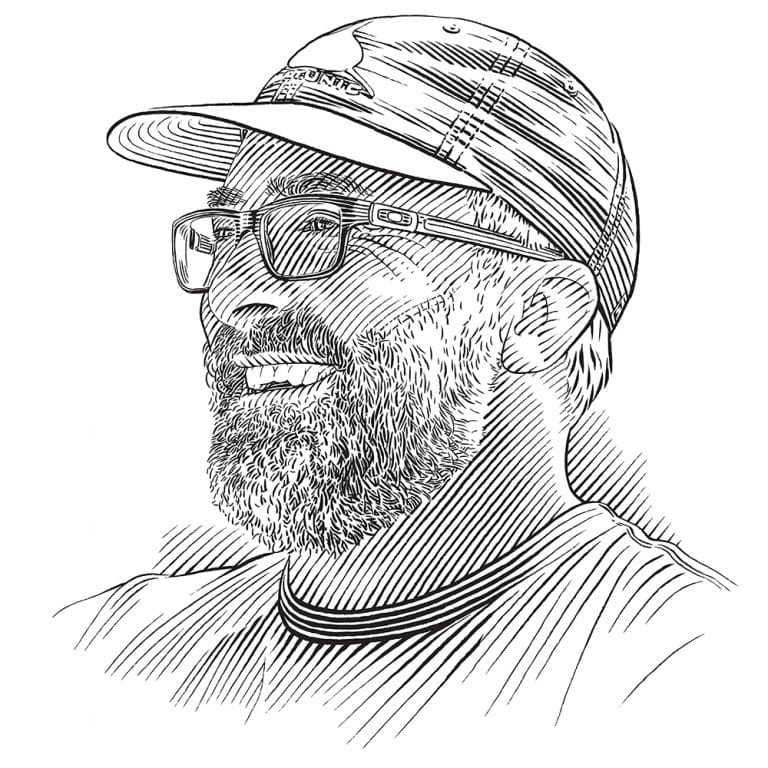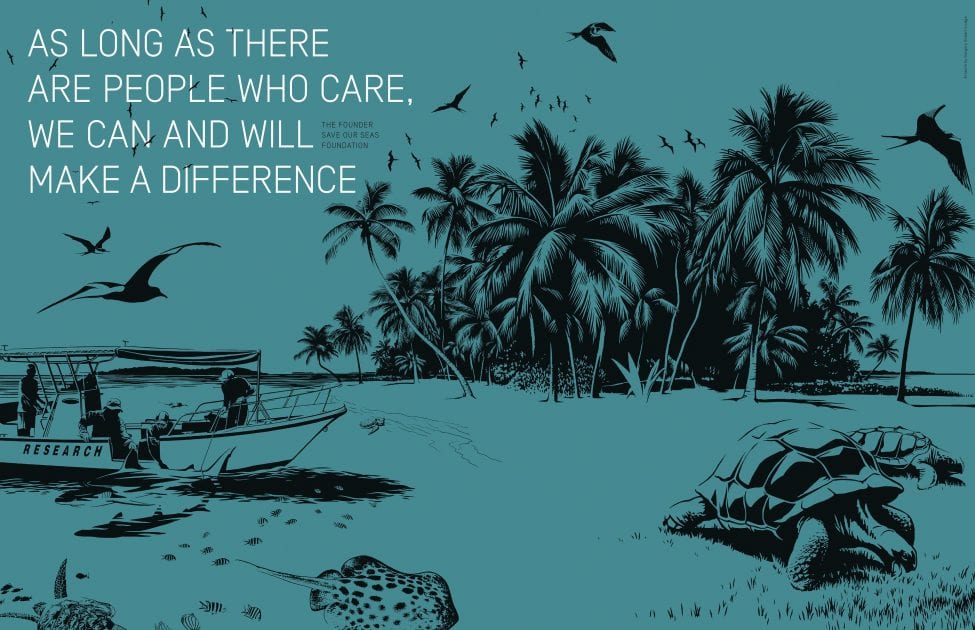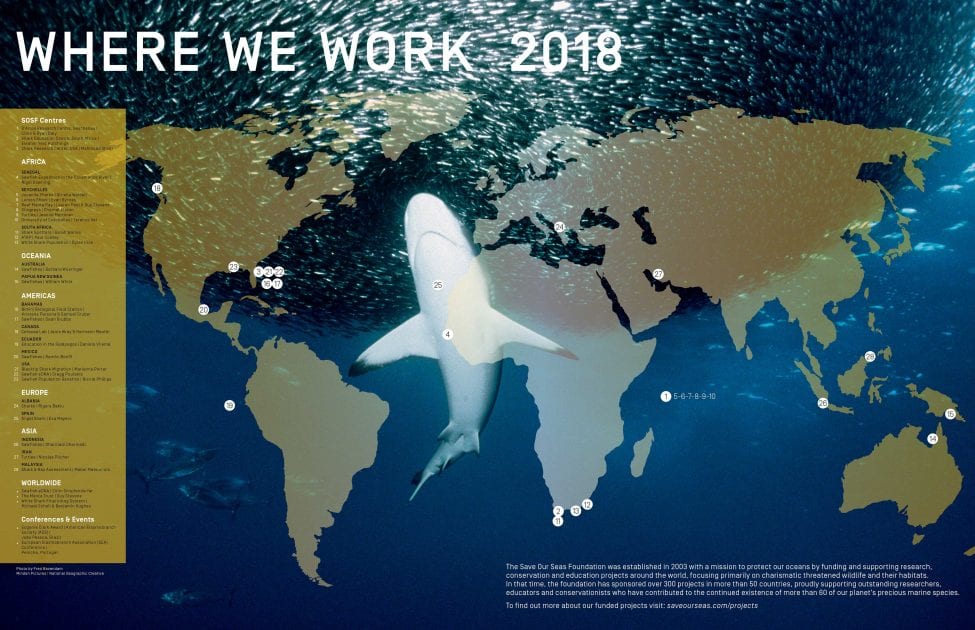Editorial #09
Winter | December 2018 issue
Photo by Michael Scholl
The question of how one can contribute to conservation often arises in discussions. My answer is to start at home! Everyone today has a responsibility to adapt their own lifestyle and behaviour and to take simple steps towards a healthier and more responsible relationship with the environment so that their ecological footprint is reduced. Becoming informed is far easier today than it was a few decades ago, and once again education starts at home by sharing information with family and one’s circle of influence.
Nothing makes me happier than to take my son Elliot snorkelling, especially with sharks. Seeing his smile and lack of nervousness demonstrates to me how our ideas and behaviour are modelled by our family, social and cultural environments. Many island cultures (those of Fiji, Hawaii, Cook, Marshall, Solomon, Papua New Guinea and Japan, among many others) have existed in close contact with the ocean and have venerated and worshipped sharks in their mythology for countless generations. Sadly, our own Western beliefs have been shaped by stories and myths relating to the USS Indianapolis and Hollywood movies like Jaws and Sharknado. Such beliefs often fail to recognise the crucial importance of sharks in the ocean ecosystem or the fact that these predators prefer to eat fish – or, indeed, that it is statistically proven that relatively few people are killed by sharks. Recent studies have shown that far more people around the world have died from taking selfies than from encounters with sharks!
Recently when I was at a movie theatre with my son I became concerned as a trailer for the film Meg appeared on the screen. I needn’t have worried – he began to laugh and whispered, ‘This is ridiculous, there are no sharks like that!’ Elliot respects sharks and understands that they are an essential part of a healthy ocean ecosystem. He certainly is not unafraid, but he admires and appreciates them, and I could not ask more of anyone. It is essential to check facts in today’s world and to form one’s own ideas. As parents, we are duty-bound to ensure that we pass true facts and knowledge on to our children.
Knowledge comes from research, and in this issue our contributors investigate some lesser known but Critically Endangered species – angel sharks in the Canary Islands and sawfishes in Senegal and Papua New Guinea – discuss the very nature of marine science, delve into the ocean depths around the Galápagos and explore how recent advances in elasmobranch genomics could one day benefit medical research – and thus humankind.


